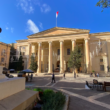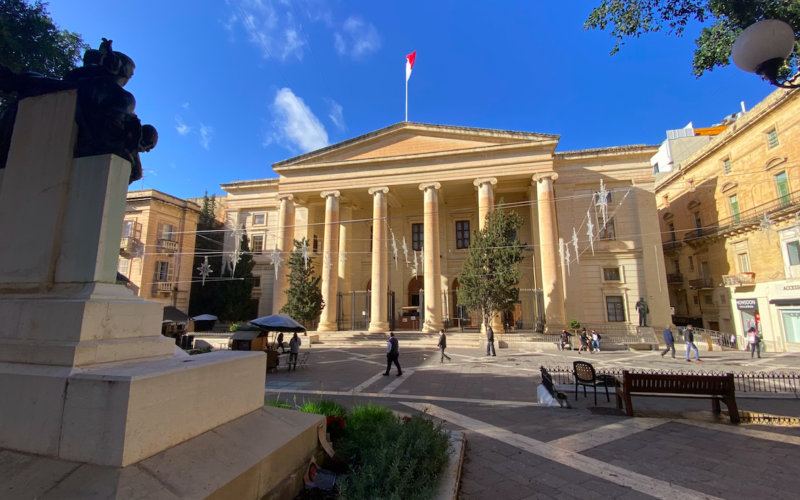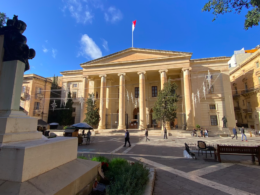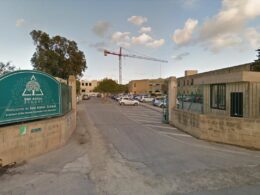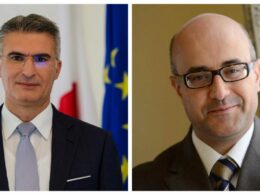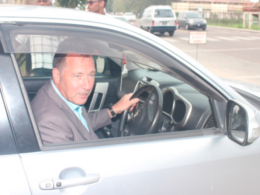Whispers of political interference in prosecutions are no longer confined to political backrooms or casual conversations. Multiple sources have now suggested that people in positions of authority, including those within Castille (the Prime Minister’s office), have prompted the police on whether certain individuals should be investigated or even charged in ongoing matters.
In the high-stakes Vitals case—a controversial multi-million euro deal to privatise Malta’s healthcare services—the inquiry’s findings pointed to a number of suspects who should have faced charges. Yet, puzzlingly, the police did not investigate or interrogate any of the suspects. Instead, they opted to charge a broad group of individuals en masse, a decision many believe was influenced by political calculations rather than justice. The role of Castille in this process has come under intense scrutiny, with some insiders claiming that it had a direct hand in shaping the police’s decision-making.
Jason Azzopardi’s Explosive Testimony

The already fraught atmosphere was further electrified when Jason Azzopardi—a former Nationalist Party MP—took to the stand this week, adding weight to the allegations of interference. During his testimony under oath, Azzopardi disclosed that Prime Minister Robert Abela cancelled a trip to Dubai upon receiving advance notice of a police raid on former Prime Minister Joseph Muscat’s residence. Azzopardi’s testimony ignited fresh concerns that Castille was aware of sensitive operations well before they were made public, suggesting possible inside channels within law enforcement.
Azzopardi also made another bold claim: that the Prime Minister’s office had a copy of the Vitals inquiry report before charges were officially filed, raising significant ethical concerns about the separation of political power from judicial processes. If true, this would imply that political figures were privy to—and possibly influenced—judicial proceedings in a manner that dangerously undermines the rule of law.
It’s important to acknowledge that Azzopardi is a polarising figure in Maltese politics. He has, in the past, been criticised for presenting allegations as fact without sufficient evidence to back them up. His vocal opposition to the Labour government and past confrontations with key figures within it have made him a lightning rod for controversy.
However, regardless of one’s opinion of Azzopardi, his sworn testimony cannot simply be brushed aside. It is a significant moment in this ongoing saga and deserves to be treated with the seriousness it warrants. As of the time of writing this article, Prime Minister Robert Abela has not publicly denied Jason Azzopardi’s claims regarding the alleged advance knowledge of the police raid on Joseph Muscat’s residence or possession of the Vitals inquiry report before charges were filed.
A Dangerous Precedent for Maltese Democracy
The implications of political interference in judicial matters go far beyond the Vitals case. When politicians—those entrusted with the democratic process—are able to exert influence over police and judicial decisions, the separation of powers becomes dangerously blurred. Democracy thrives when the rule of law is impartial and applied equally to all, regardless of status or connections. Interference in prosecutions by those in power not only undermines public trust but also creates a chilling precedent for future cases.
As long as there is even a hint of political manipulation in the judicial process, democracy itself is at risk of becoming little more than a hollow façade. Allowing political figures to influence justice could erode the very fabric of democratic governance.
Passionate about the state of justice in Malta? Share this article on social media, discuss it with friends, and demand accountability from those in power. The more we engage, the stronger our collective voice becomes.


